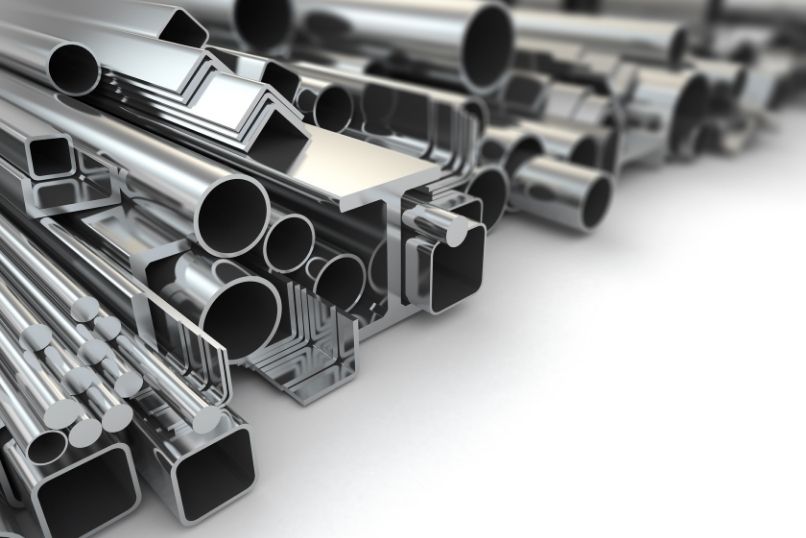Steel, in all its many forms, is one of the most useful alloys for many reasons. One of the most important reasons steel is so desirable is its overall strength. However, not all steel is made equal. In fact, even just a small amount of differentiation in the chemical makeup can produce widely different types of steel. To show you what we mean, we’re going to go through the best alloying elements for stronger steel so you can see the various effects that they have on the final product.
Carbon
Arguably the best alloying element in a steel alloy, you can often find carbon in almost all types of steel. Higher amounts of carbon improve the final alloy’s tensile strength, hardness, and hardenability. Only rarely will you find a steel alloy without some amount of carbon inside of it.
Silicon
The element silicon dissolves into iron to make stronger steel. Silicon is often used as a deoxidizer in something such as rolled steel. This makes the alloy have a higher tensile strength, as well as forgeability and hardness.
Manganese
Another good deoxidizer and degasifier would be manganese. Manganese also gives the alloy more resistance to overall wear and tear. You can find manganese in varying amounts depending on the steel, usually between 0.30% and 1.5%.
Aluminum
Aluminum doesn’t necessarily improve the strength of steel, but it does refine the grain of the metal. This grain gives the alloy more toughness. Usually, fabricators will utilize aluminum in alloys because it is relatively strong for how lightweight it is.
Molybdenum
Even small amounts of molybdenum can improve the strength of steel. Molybdenum is useful when the alloy needs to withstand high-temperature environments. In the case of some stainless steel, molybdenum will also improve corrosion resistance.
Nickel
Nickel’s biggest draw for steel is to increase its hardenability. An added benefit of nickel is that it makes the alloy more ductile and easier to work with, without sacrificing strength. In contrast to molybdenum, nickel is useful for low-temperature environments.
Vanadium
When you add vanadium into an alloy, you need to be very careful with how much you use. Even in tiny amounts, vanadium greatly improves hardenability. However, adding too much can sometimes make the end result more brittle than you want it to be.
If you have any questions about our alloys and their makeups, Wieland Diversified is ready to hear you out. When you need an alloy metals company whose products you can trust, we’ve got your back every time.

